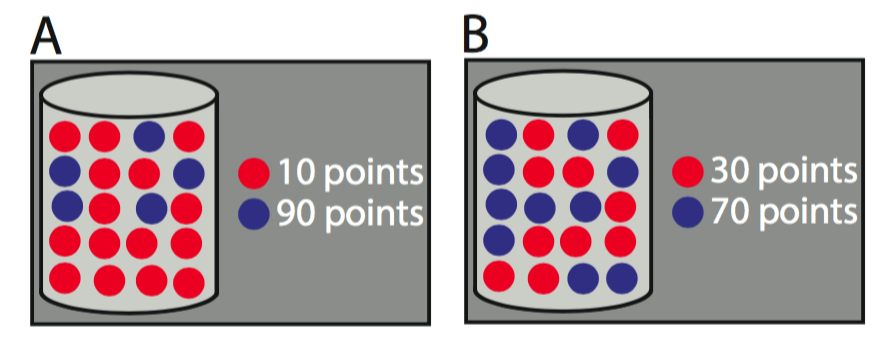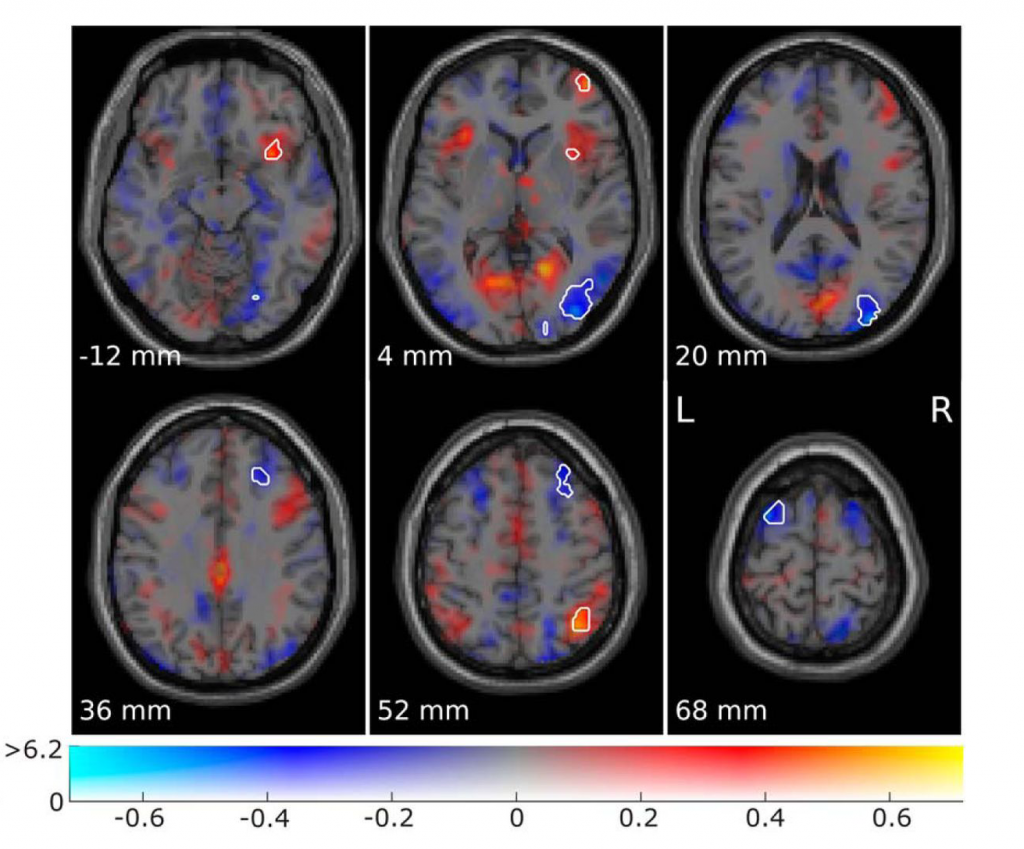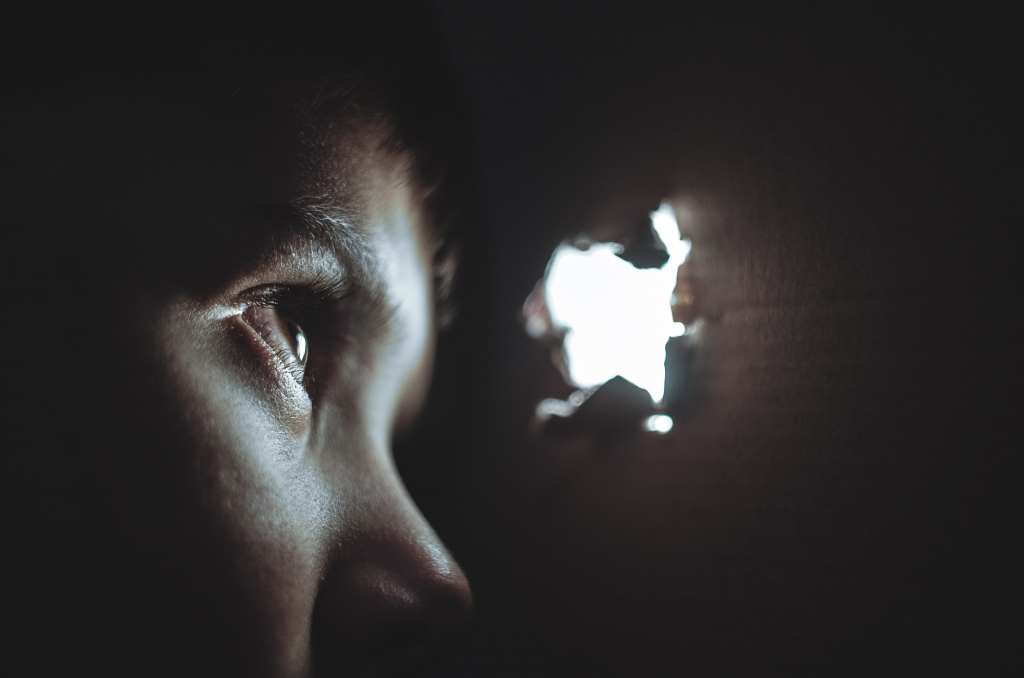This post is also available in Dutch.
We spend a lot of time looking for and consuming information. But why are we willing to invest so much (precious) time in this even if the information seems to be, well, useless? Researcher Lieke van Lieshout has spent the last four years investigating this topic at the Donders Institute.
A gap in knowledge drives curiosity
One hypothesis is that we are curious about information because this information in itself is attractive or rewarding. The idea behind this hypothesis is that curiosity is driven by the difference between what you know and what you don’t (yet) know: the so-called information gap. It could be the case that we are curious about information to close that gap, and find the reduction in uncertainty about the world rewarding.
A lottery of uncertainty
To research this idea, van Lieshout shows participants in her research various lotteries: one marble is drawn from a vase of red and blue marbles. These marbles are worth points, which determine the potential reward the participant will receive. The distribution of red and blue marbles in the vase determines the uncertainty: what colour marble will be drawn next? Indeed, we appear to be more curious about the outcome of the lottery if the uncertainty increases, while the size of the potential reward does not matter.

You can see the relief of uncertainty in your brain
Van Lieshout also looked at peoples brain during this task. The most important finding was that at the moment the outcome was shown (and you were relieved of your uncertainty), a brain area called the insula became active. How active? That depended on the amount of information the outcome provided: the bigger the gap in your knowledge, the more the insula responded to the outcome. Remarkably, van Lieshout found no effect in brain areas that are usually associated with rewards (like money or a tasty snack); the rewarding value of information is thus different than that of a ‘usual’ reward, even in the brain.

We’re also curious about negative information, and we don’t like uncertainty
So, the size of the reward doesn’t make you more curious. But what if you may lose something? That doesn’t seem to matter either, found van Lieshout. Uncertainty was still the driving force behind curiosity, regardless of winning or losing something. Therefore, we are mostly curious to reduce our uncertainty. We act like this because the experience of uncertainty is unpleasant. Van Lieshout asked participants how happy the experiments made them. The more uncertain the lottery, the more negative the participants were, even if they had nothing to lose!
People are thus mostly curious about information to reduce the unpleasant state of uncertainty, and the relief of this uncertainty is like a special kind of reward. In two weeks, Lieke van Lieshout will defend her PhD based on this research. She will continue as a postdoctoral researcher in this relatively new area, where she will also investigate how knowledge about curiosity can be used in education.
Image by Dmitry Ratushny on Unsplash
Author: Floortje Bouwkamp
Buddy: Marlijn ter Bekke
Editor: Felix Klaassen
Translation: Wessel Hieselaar
Editor translation: Marisha Manahova
